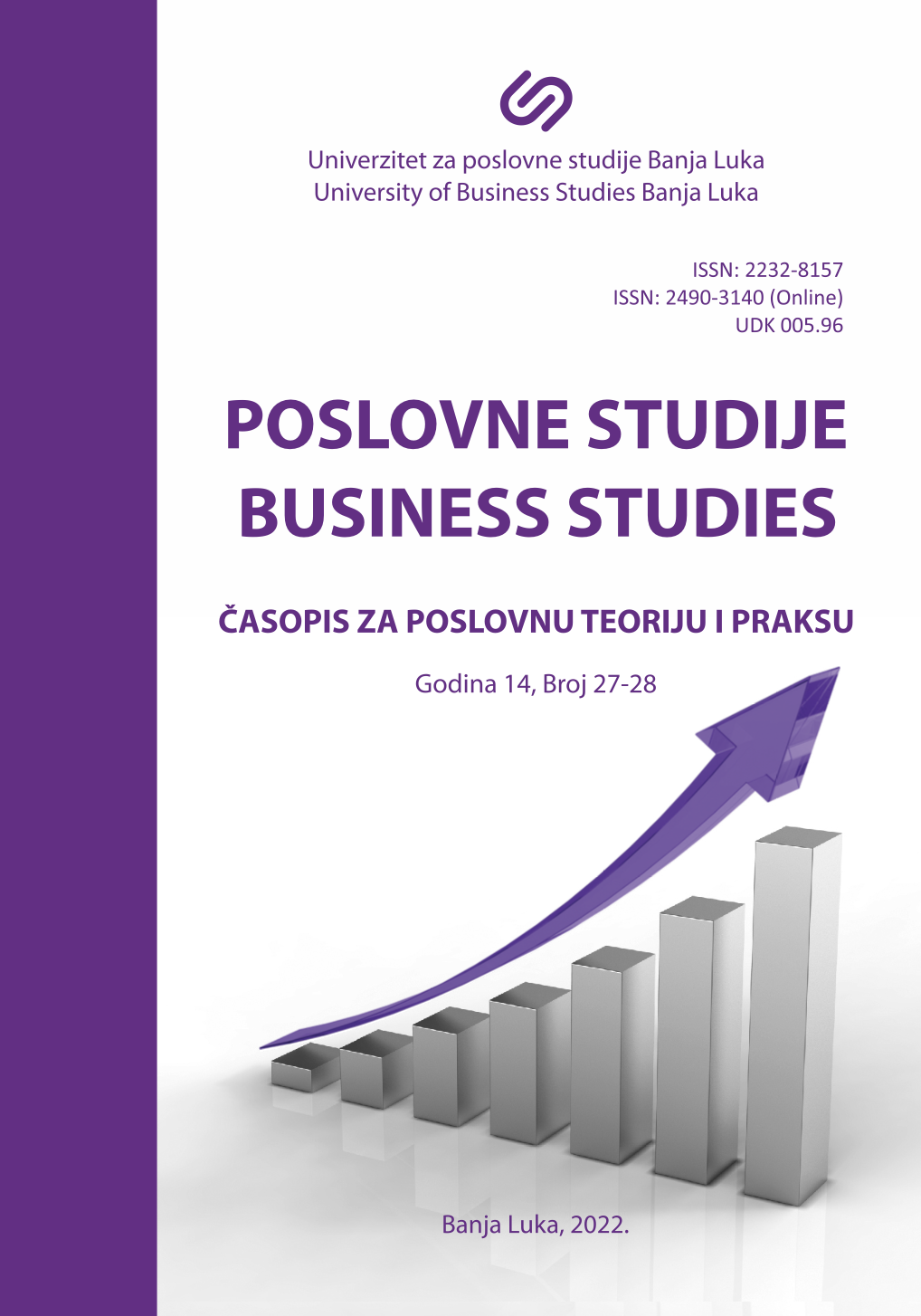LIMITATIONS ON TESTAMENTARY FREEDOM
DOI:
https://doi.org/10.7251/POS2228319RAbstract
In this paper the authors not only provide an overview of historical development, but they also analyse the positive legal solutions of the local legislator that pertain to the will and limiting the testamentary freedom. They place an emphasis on the significance and role of restricting the testamentary freedom in inheritance law, stressing at the same time its importance in the very regulation of family relations. The authors explain the institution of non-disposable portion (Portio Legitima), which restricts the freedom of disposing of property causa mortis in the legislation of Bosnia and Herzegovina, a country of the European-Continental legal tradition. By way of comparing these solutions with those of legislators of the Anglo-American legal tradition, the authors point out that the absolute testamentary freedom as such does not exist in any legal system. By showing the solutions in the law of the United States of America, the authors explain the ways of overcoming strict formalism that can lead to disrespecting the last will of a testator. Testamentary freedom can be expanded in terms of exclusion or deprivation of a portion heirs have the right to, in accordance with imperative regulations only if there is a reason for this which is stipulated by the law. The aim of this paper is to indicate that legislators of the European-Continental as well as the Anglo-American tradition restrict the testamentary freedom in different ways, though they are both motivated by achieving the equilibrium between family solidarity and respecting the last will of a testator.

